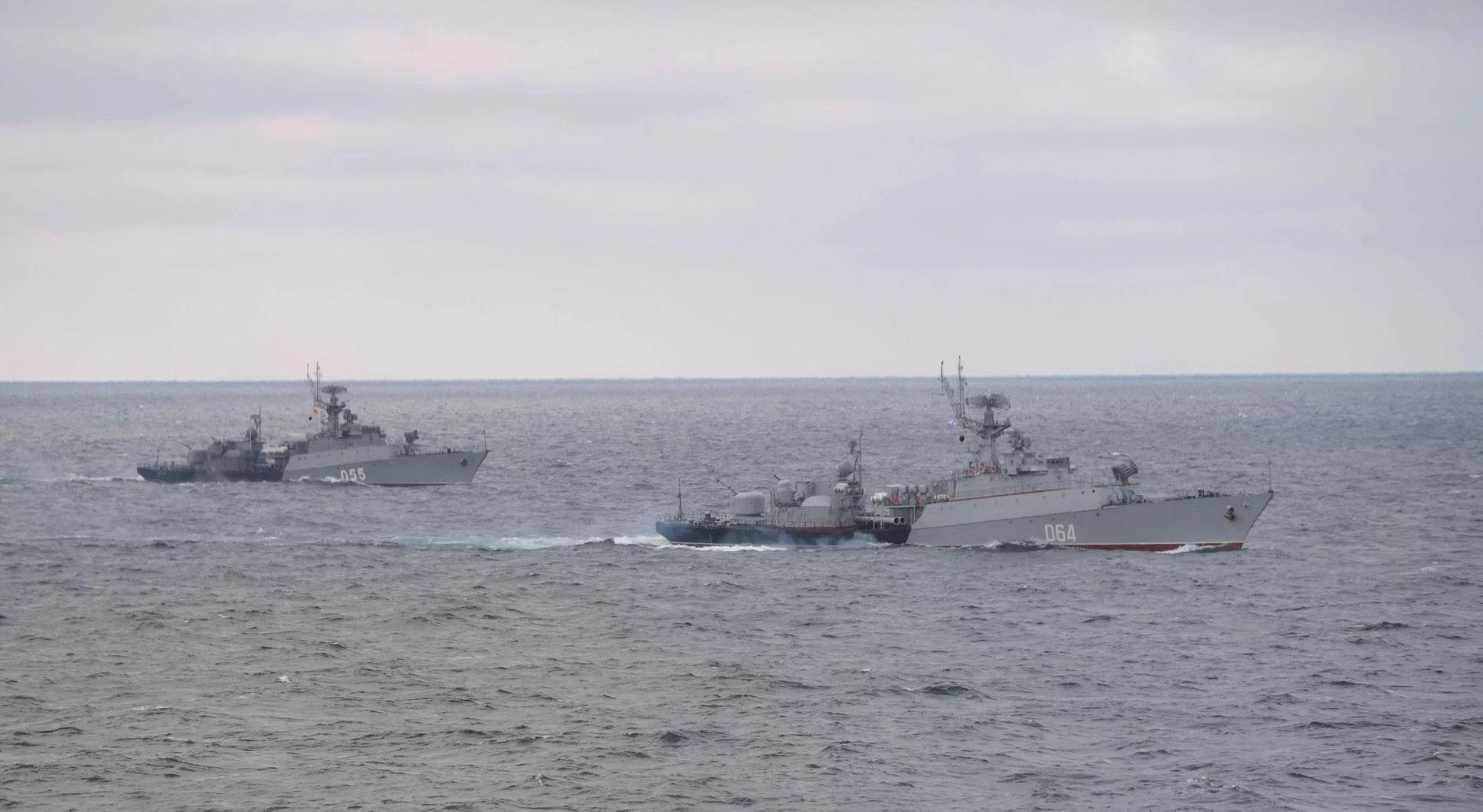
4 minute read
RUSSIA PUTS PRESSURE ON NORWAY: SVALBARD AS THE BONE OF CONTENTION
reason for an increase in the price of oil for Minsk, which, in turn, causes Belarus to lose revenues from the export of fuels produced in its refineries. Russia is gradually reducing (ultimately to zero) export duties and setting the stage for the introduction of a mineral extraction tax. Minsk wanted the Russian side to compensate for this fact and to take it into account when negotiating the conditions of oil supplies. Russia did not agree to that. Minsk, therefore, suggested that a bonus for companies, that is, suppliers, should be removed from the contracts, so that the price of oil could be lowered and its increase, caused by the socalled “tax manoeuvre”, could be compensated for. The Russian side did not agree to that either. Following Lukashenko’s talks with Vladimir Putin in Sochi (February 7), Deputy Prime Minister of Russia Dmitry Kozak announced that oil supplies to Belarus will be based on commercial conditions, which will not depend on the amount of oil purchased. The Belarusian side is now to make separate agreements on oil supplies with individual Russian companies. On February 10, Deputy Prime Minister of Belarus Dmitry Krutoy said in Minsk that this year Belarus will be buying oil from Russia at 83-85% of the global market price. As a result of implementing the tax manoeuvre, in 2024, Belarus will pay Russia the global market price for oil. As regards gas supplies, Belarus will also pay more than it already has. Deputy Prime Minister of Russia Dmitry Kozak stated that in 2020 Russia will maintain the price of gas for Belarus under the conditions of the previous year. The arrangement, however, is limited to this year only. And to top it all off, Belarus will actually pay more. Officially, the price of gas remains at $127 per 1,000 cubic meters, however, so far, Minsk has received partial compensation under the oil settlement mechanism – up to $500 million annually.
After the Sochi summit, it can be expected that Lukashenko will continue to try to warm up relations with the West. For now, integration in the eastern direction remains frozen. Belarus is yet to experience economic hardships, which, if endured, will only strengthen its independence. Recent polls show that 40% of Belarusians would choose an alliance with Russia, however, as many as 32% of respondents would have Belarus join the EU. Such changes in the public’s perception have occurred over the course of the past year, largely thanks to a newly launched Belarusian TV channel regularly criticising Russia.
Advertisement
RUSSIA PUTS PRESSURE ON NORWAY: SVALBARD AS THE BONE OF CONTENTION 13 February 2020
Moscow has accused Oslo of discriminating against Russian activity on the Svalbard archipelago. Sergey Lavrov has sent a letter to Norway’s Minister of Foreign Affairs regarding the matter and is awaiting a meeting. The Russians emphasise that they intend to intensify their activities on the islands located over 800 kilometres north of Scandinavia. Although the archipelago is not of great economic significance, for the Russian military it is an important point on the map of the Arctic, a region that is being heavily militarised by Moscow.
Despite the fact that Svalbard belongs to Norway, it has held specific status under the Spitsbergen Treaty for the last hundred years. According to the document, the archipelago is a demilitarised zone, to which all parties to the treaty have equal access to conduct economic activity. Russia is one of the signatory countries and is currently the only one actually present on Svalbard. A small Russian community is concentrated in the town of Barentsburg, where the last active coal mine on the archipelago also operates. Moscow is trying to use Svalbard’s status to increase its presence here. This would make it easier for Russia to take control of the islands in the event of an armed conflict with NATO. By installing radars and missile systems on the archipelago, the Russians would strengthen the anti-access zone and limit the room for manoeuvre of NATO forces in the Barents Sea, near the main bases of the Northern Fleet.
On February 4, Sergey Lavrov stated that Oslo has been trying to limit Russian activity in the archipelago area, which is in contradiction to the treaty guarantee of “equal liberty of access”. According to the head of Russian diplomacy, Norway’s anti-Russian activity includes, among other things, the creation of fishery protection zones and other pro-ecological activities limiting economic activity. According to Moscow, the Norwegians also hinder the flights of
SOURCE: KREMLIN.RU
Russian helicopters over the region. Lavrov said that he had sent a letter to Oslo regarding the matter and that he expects a prompt reply. Russia wants to hold talks with Norway on Svalbard. Lavrov announced that Russia has long-term plans for strengthening, diversifying and modernising its presence on the archipelago. It is hard to guess what exactly this means. Coal deposits are running out, so perhaps it is all about wanting to exploit gas and oil resources in the Svalbard continental shelf. However, Norway strongly opposes this idea, highlighting that the treaty provisions on the economic activity of other countries refer only to Svalbard’s land area and territorial waters.
Moscow’s diplomatic provocation has caused concern in Oslo. Norway is observing the expansion of Russia’s military potential in the Arctic with growing concern. The Russians fuel this concern by organising military provocations – for example, in autumn 2019, Spetsnaz troops, Russia’s Special Operations Forces, arrived under the cover of the night on Svalbard for a short period of time. As if that was not enough, Russia regularly conducts maritime exercises in the region. The tension may be further increased in March, as Norway is hosting NATO’s Cold Response exercise. In the past, the Russians tried to sabotage similar undertakings of the Alliance taking place in this Nordic country.










